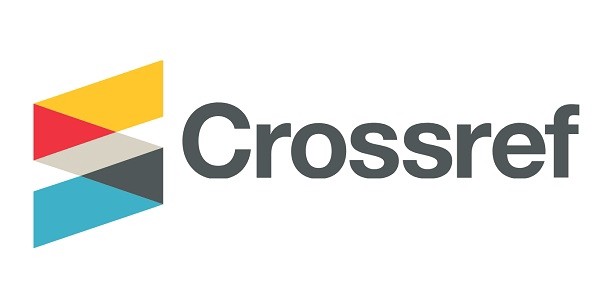Performance Comparison of Machine Learning and Deep Learning Models for Sentiment Analysis of Hotel Reviews
DOI:
https://doi.org/10.5281/zenodo.8225185Keywords:
Sentiment analysis, Text classification, Contextual information, Word embeddings, Deep learning.Abstract
This research paper conducts a thorough examination, comparing BERT and LSTM architectures with machine learning models for sentiment classification task. To establish a foundational reference point, conventional machine learning algorithms including Logistic Regression (LR), Support Vector Machines (SVM), Random Forest (RF), Decision Tree (DT) and BernoulliNB are utilized. The BERT and LSTM models along with machine learning models have been implemented and trained using a dataset comprising hotel reviews. Their performance has been assessed through the utilization of multiple metrics, including accuracy, precision, recall, and F1-score. In the context of text classification and sentiment analysis tasks, the experimental outcomes highlight the superior effectiveness of BERT and LSTM models when compared to traditional machine learning algorithms. The BERT model distinguishes itself through the incorporation of bidirectional training and contextual embedding strategies, ultimately showcasing outstanding performance in its ability to proficiently capture contextual information and subtle nuances prevalent in textual data. Moreover, the LSTM technique has been able to attain noteworthy outcomes through its effective modeling of sequential data and preservation of temporal dependencies. The present research yields significant findings regarding the comparative analysis of machine learning models employing BERT and LSTM architectures concerning text classification and sentiment analysis. The results of this study provide valuable insights into the merits and constraints of each model, thereby aiding researchers and practitioners in making informed decisions when choosing suitable models that are customized for specific natural language processing (NLP) tasks.
Downloads
Published
How to Cite
Issue
Section
License

This work is licensed under a Creative Commons Attribution-NonCommercial-NoDerivatives 4.0 International License.


























